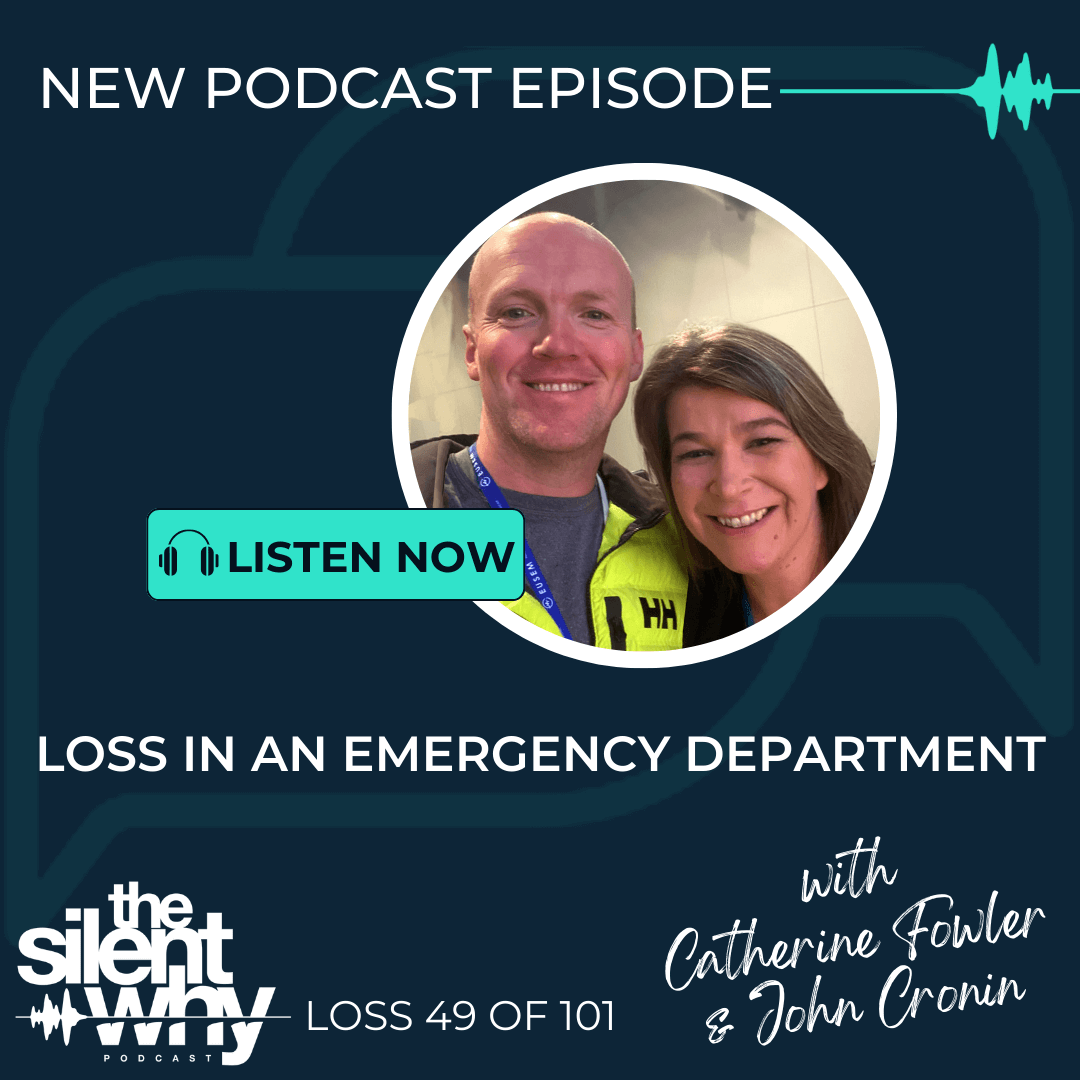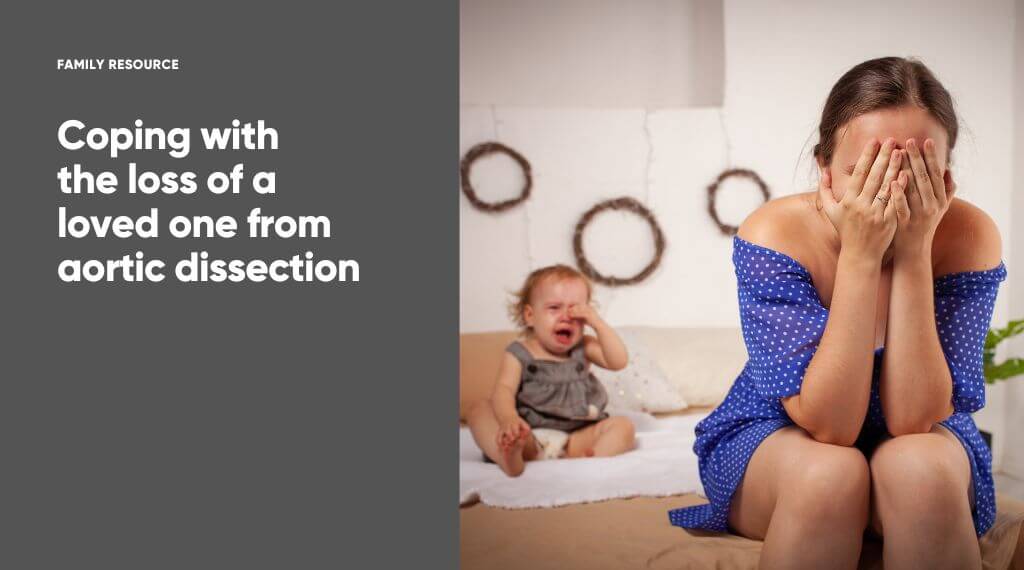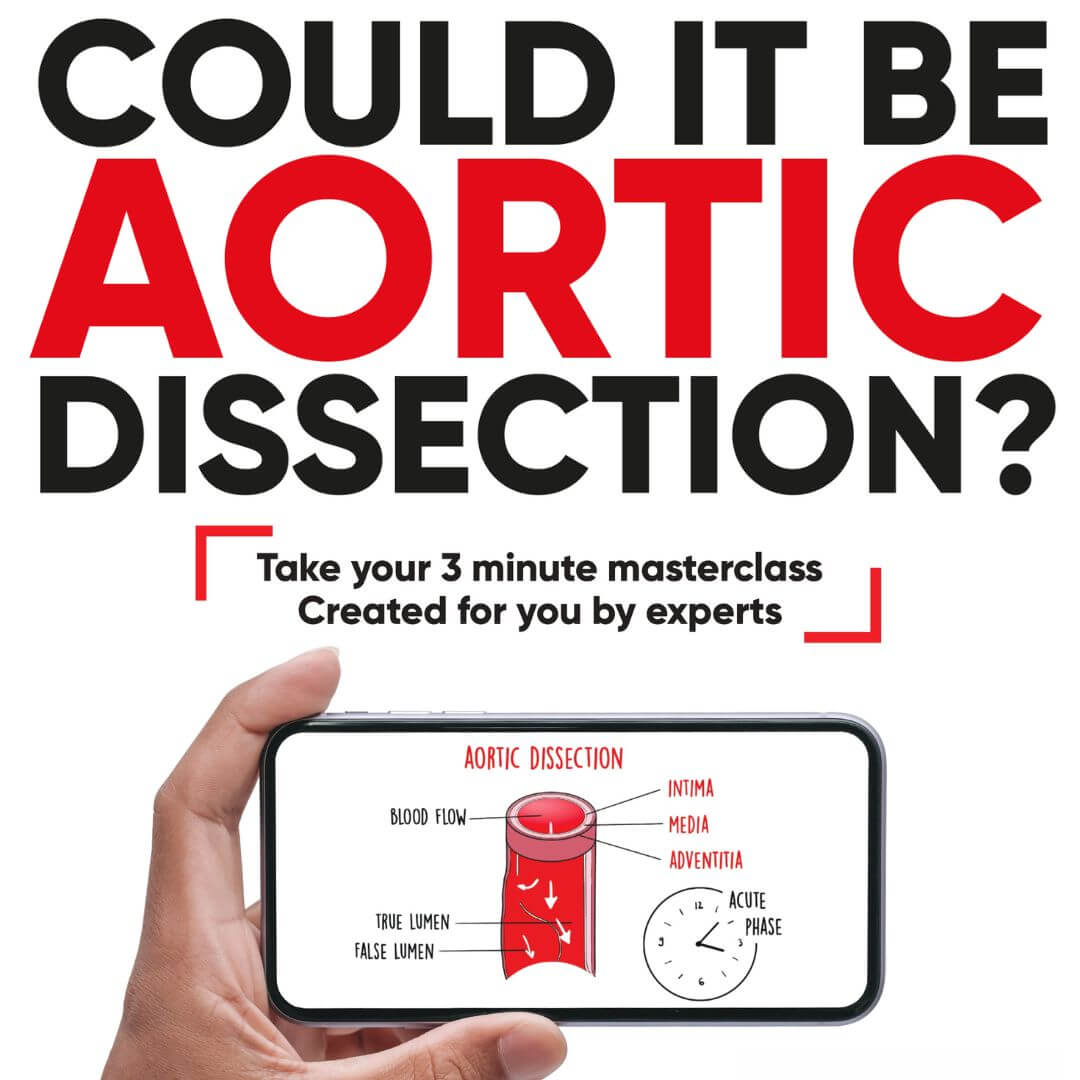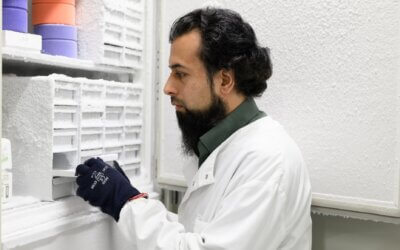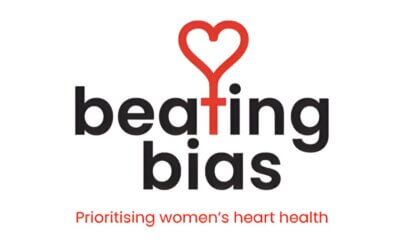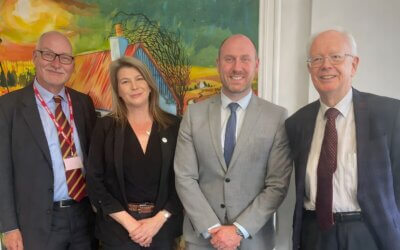Loss in an Emergency Department from The Silent Why podcast, delves into the profound impact of aortic dissection, as seen through the eyes of two individuals linked by a tragic event. This episode, part of the 101 Losses Series, offers a rare glimpse into the dual perspectives of grief experienced by a bereaved family member and a medical professional, against the backdrop of a medical emergency.
TADCT Trustee, Catherine Fowler, whose father Tim tragically died of an aortic dissection in 2015, and Dr John Cronin, a consultant in Emergency Medicine at St Vincent’s University Hospital Dublin who participated in Tim’s care, share their experiences and insights. Their stories highlight the human element in medical emergencies, showcasing the personal loss and professional challenges faced in such critical situations.
Transforming Personal Loss into Medical Progress
The episode not only focuses on the personal tragedy but also on the broader implications for aortic dissection diagnosis and treatment. The collaborative efforts of Catherine, John, and The Aortic Dissection Charitable Trust team have led to significant advances in the approach to this medical condition. Their work exemplifies how personal loss can be transformed into a driving force for medical improvement through patient advocacy.
Breaking Medical Silos for Aortic Dissection Care
Dr John Cronin’s insights shed light on the transformative impact of collaborative efforts between medical professionals, patients, and families on the approach to aortic dissection.
“The game changer on this has been working and engaging with family members and loved ones of patients and involving patients.”
John’s remarks, emphasise the importance of breaking out of medical silos to address the condition more effectively, highlighting the need for a more interdisciplinary approach in medical practice.
“Aortic dissection doesn’t respect those silos”
John also reflects on the profound changes in medical protocols and attitudes towards potential aortic dissection cases.
“It’s certainly changed the way I approach patients who possibly have aortic dissection. But I would also say that it’s changed the approach of every department in Ireland and probably across the UK.”
This statement underscores the widespread impact of the collaborative efforts spearheaded by individuals like Catherine Fowler and The Aortic Dissection Charity.
Harnessing Grief for Empowerment and Advocacy
Catherine’s poignant reflections encapsulate a transformative journey through grief, highlighting a path where sorrow is not merely endured but actively harnessed for positive change.
“If you can get a handle on your grief, you can turn it into something quite powerful if you’re willing to take yourself there and keep your grief alive.”
This perspective highlights a proactive engagement with grief, where the bereavement becomes a catalyst for advocacy and community building.
Catherine’s experience reveals an evolving relationship with her grief, one that has not only fuelled her passion for change but also fostered a profound sense of empathy, even with those in the medical community she never expected to connect with on such a level. Her story is a testament to the potential of grief to empower and unite, enhancing collective empathy and amplifying the voices of others facing similar losses.
“For me, I think it’s the ability to harness grief and use it for something positive for yourself and equally to help others.”
Catherine adds, encapsulating the essence of turning personal loss into a legacy of hope and advocacy.
Insights and Support from Grief to Healing
This episode of The Silent Why podcast is included in our bereavement support information, a resource available to those affected by the loss due to aortic dissection. This episode offers a unique perspective by bridging the experiences of medical professionals and bereaved family members, providing insights into the complexities of aortic dissection from both sides of the experience. It serves as a valuable component of our support resources, offering not just solace but also a deeper understanding of the medical and emotional landscapes navigated during such a tragic event.
This podcast stresses the importance of awareness, timely intervention, and the ongoing need for research and education in the field of emergency medicine. Through the shared experiences of Catherine and John, listeners are offered a deeper understanding of the human and clinical dimensions of aortic dissection, reinforcing the critical need for advances in medical practice to save lives and reduce the incidence of such tragic losses.

